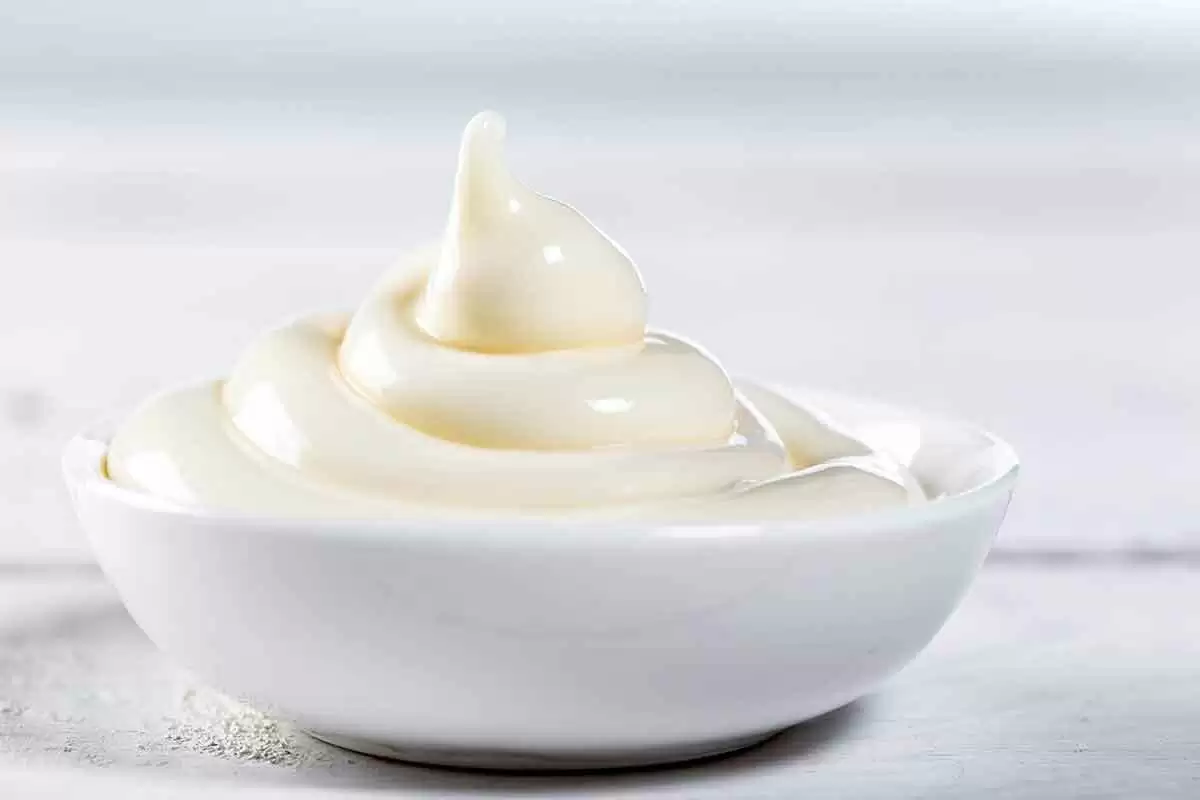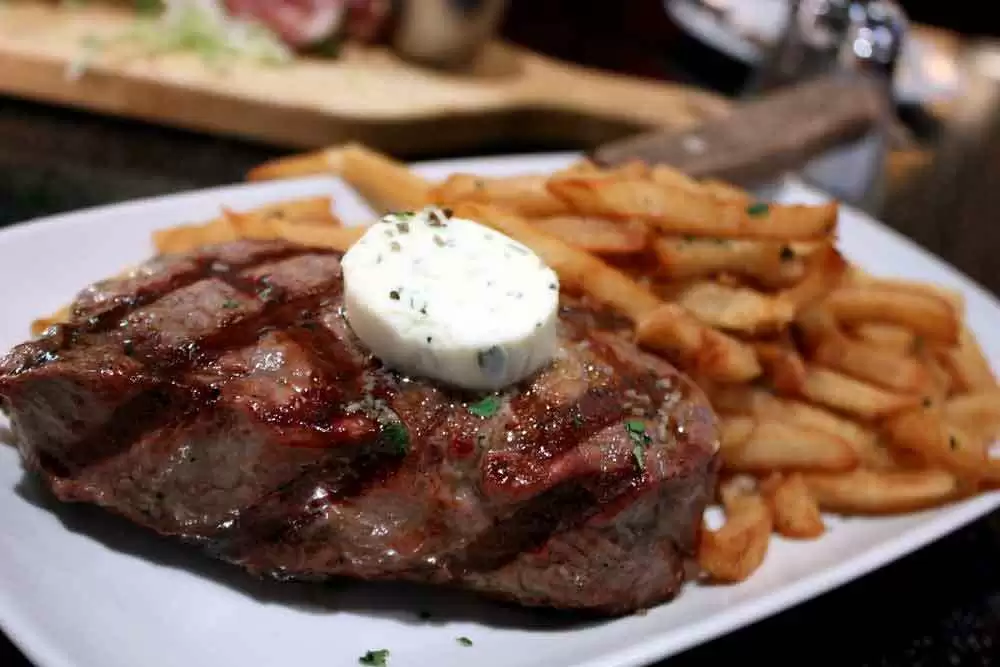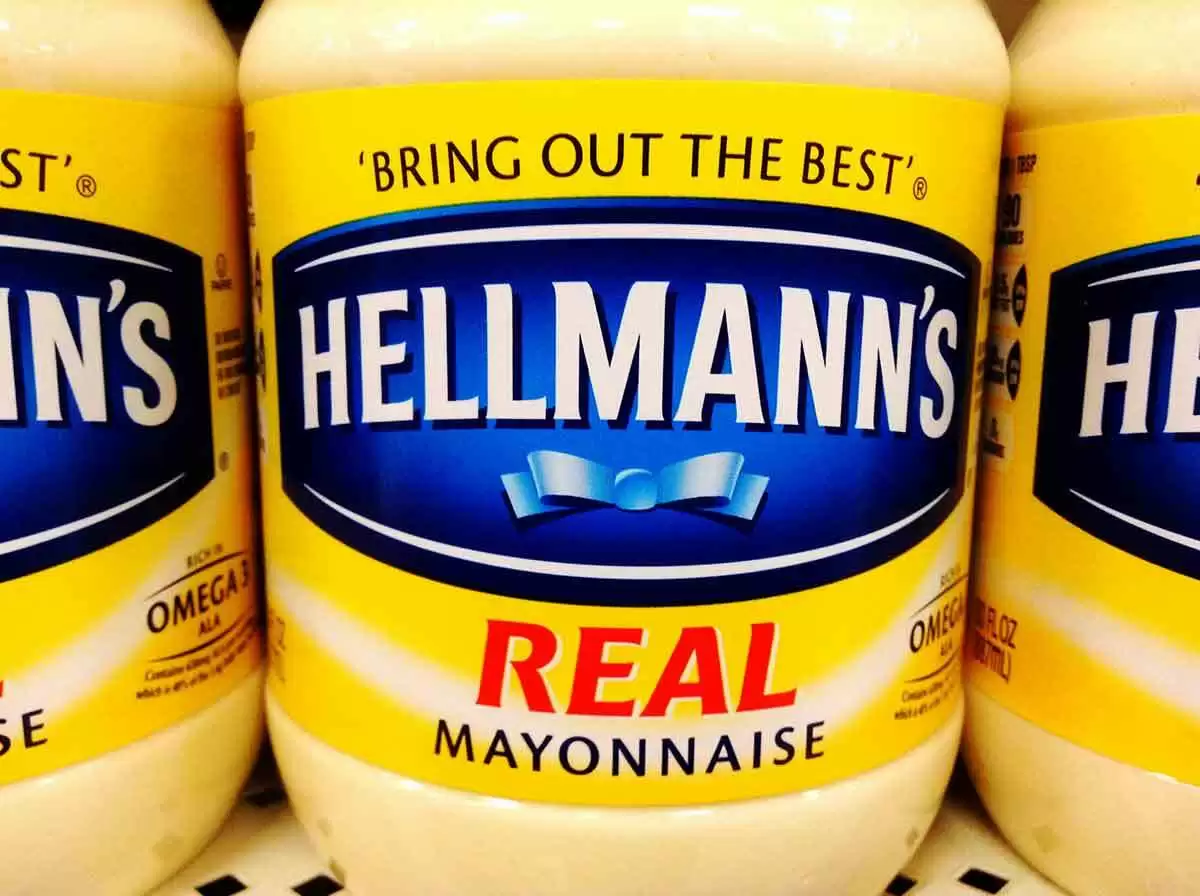
Celiac.com 11/10/2021 - We get a lot of questions from celiac community members wondering if certain products are gluten-free. One question we see a lot is about mayonnaise. Specifically, which top brands of mayonnaise are gluten-free and safe for people with celiac disease?
Except for eggs, nearly all top brands of mayonnaise are manufactured without known allergens, including gluten. So, most can be considered gluten-free. That said, not all of them are labeled gluten-free.
Celiac.com Sponsor (A12):
Also, be careful and always check the label, especially for flavored varieties. Watch for gluten ingredients, and choose carefully.
The following top brands of mayonnaise are either labeled gluten-free, or made without gluten ingredients and considered safe for people with celiac disease (Egg is the only listed allergen on nearly all of these products):
Best Foods
All Hellman's and Best Foods Mayonnaise are made without gluten ingredients, including:
- Best Foods Real Mayonnaise
- Extra Creamy Mayonnaise
- Avocado Oil Mayonnaise Dressing
- Best Foods Light Mayonnaise
- Best Foods Mayonnaise Dressing with Olive Oil
- Best Foods Canola Cholesterol Free Mayonnaise Dressing
- Best Foods Low Fat Mayonnaise Dressing
- Best Foods Vegan Dressing & Spread
Blue Marble
Blue Marble makes Woodstock Farms Organic mayonnaise, which is gluten-free and certified kosher.
Blue Plate
Extra creamy Blue Plate mayonnaise is made with oil, vinegar and egg yolks.
Chosen Foods
Chosen Foods Mayonnaise is made with pure avocado oil, cage-free eggs, organic vinegar and just a pinch of salt.
Duke’s Mayo
Known for their smooth, creamy, texture, and slightly tangy flavor, Duke's Mayo is gluten-free and certified kosher.
Earth Balance
Earth Balance mayonnaise is made without gluten ingredients, and is vegan, dairy-free, lactose-free, egg-free, soy-free, and non-GMO.
- Original Mindful Dressing & Sandwich Spread
- Olive Oil Mindful Dressing & Sandwich Spread
Goya
Goya Mayonnaise is made without gluten ingredients, including:
- Goya Mayonnaise
- Goya Mayonnaise with Lime
Hain
Hain Pure Foods Safflower Mayonnaise is made without gluten ingredients.
Hellman's
All Hellman's mayonnaise products do not contain any gluten ingredients, including:
- Real Mayonnaise
- Extra Creamy Mayonnaise
- Light Mayonnaise
- Mayonnaise Dressing with Olive Oil
- Organic Spicy Chipotle Mayonnaise
- Canola Cholesterol Free Mayonnaise Dressing
- Low Fat Mayonnaise Dressing
- Homestyle Mayonnaise
- Relish Sandwich Spread
- Avocado Oil Mayonnaise Dressing
- Vegan Dressing & Spread
Kraft
Kraft Mayonnaise is made without gluten ingredients, including:
- J.L. Kraft Chipotle Aioli with Chipotle Peppers
- J.L. Kraft Garlic Aioli with Roasted Garlic
- Kraft Real Mayo Mayonnaise
- Kraft Real Mayo Creamy & Smooth Mayonnaise
- Kraft Mayo with Olive Oil Reduced Fat Mayonnaise
- Kraft Homestyle Mayo Rich & Creamy Real Mayonnaise
- Kraft Mayo with Olive Oil Reduced Fat Mayonnaise
- Kraft Mayo with Avocado Oil Reduced Fat Mayonnaise
- Kraft Mayonnesa with Lime Juice
- Kraft Mayo Real Mayonnaise with No Artificial Flavors
- Kraft Light Mayo ½ the Fat & Calories of Regular Mayonnaise
- Kraft Extra Heavy Mayonnaise
McCormick
McCormick Mayonesa is a traditional mayonnaise, but with the tangy twist of lime juice.
Miracle Whip
Another Kraft product, Miracle Whip contains no gluten ingredients.
Sir Kensington
Sir Kensington Mayonnaise is made with high-quality sunflower oil, citrus and free-range eggs.
Spectrum
Made by Hain, Spectrum Organic Mayonnaise is made without gluten ingredients, including:
- Organic Omega-3 Mayonnaise
- Canola Mayonnaise
- Organic Mayonnaise with Olive Oil
- Vegan Light Canola Oil - Squeeze
Stonewall Kitchen
Stonewall Kitchen's Mayonnaise products are made without gluten, including:
- Farmhouse Mayo
- Basil Pesto Aioli
- Everything Aioli
- Cajun Street Spice Blend
- Habanero Mango Aioli
- Roasted Garlic Aioli
- Down East Tartar Sauce
- Ghost Pepper Aioli
Woodstock
Woodstock Organic Mayonnaise is gluten-free and made with cage-free eggs and expeller pressed soybean oil and contains no artificial colors or preservatives.
Remember, while most plain mayonnaise is gluten-free naturally, things can change when you get into added flavors. As always, read labels, avoid gluten ingredients, and choose carefully.
Have we missed a favorite brand of gluten-free mayonnaise? Let us know in the comments and we'll put it on our list.








Recommended Comments
Create an account or sign in to comment
You need to be a member in order to leave a comment
Create an account
Sign up for a new account in our community. It's easy!
Register a new accountSign in
Already have an account? Sign in here.
Sign In Now